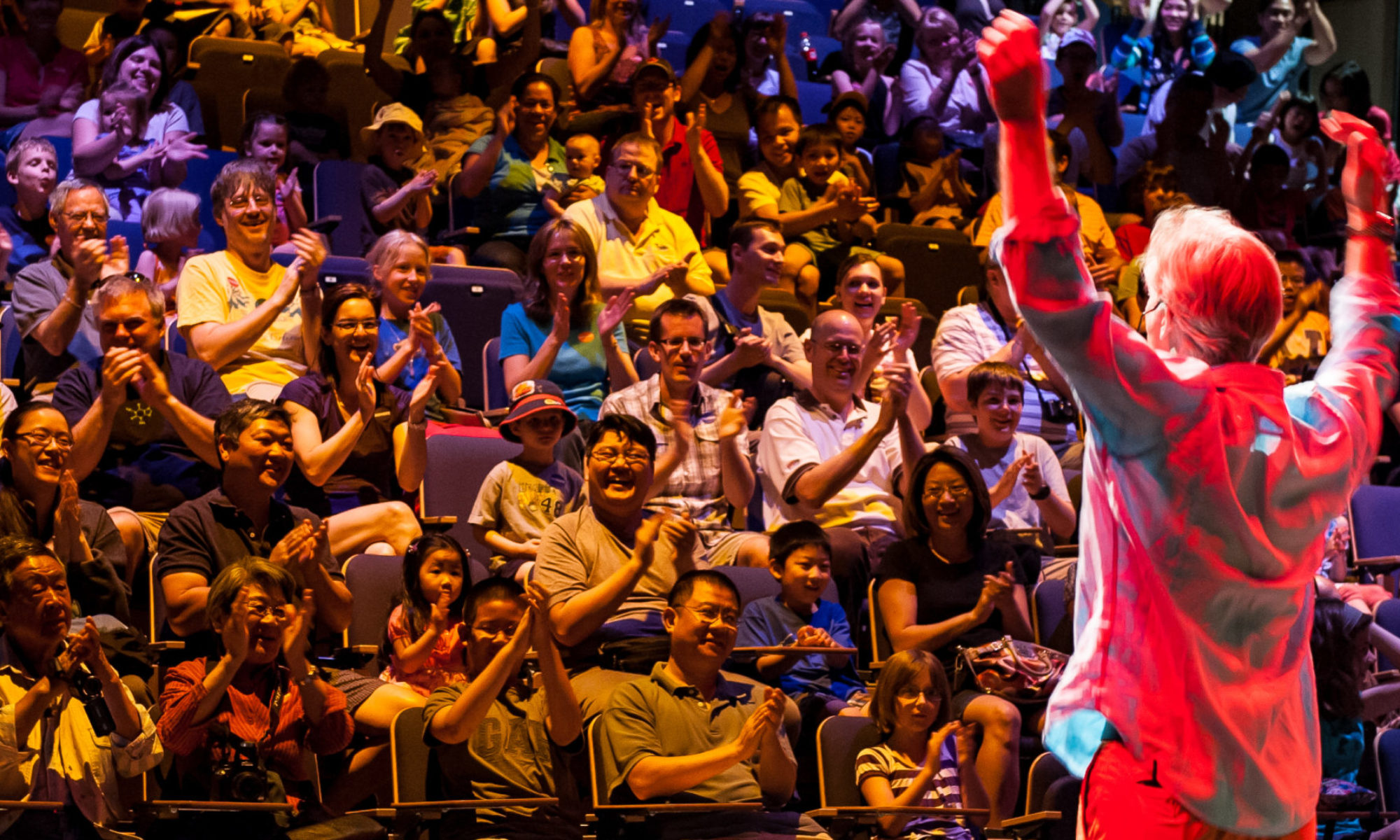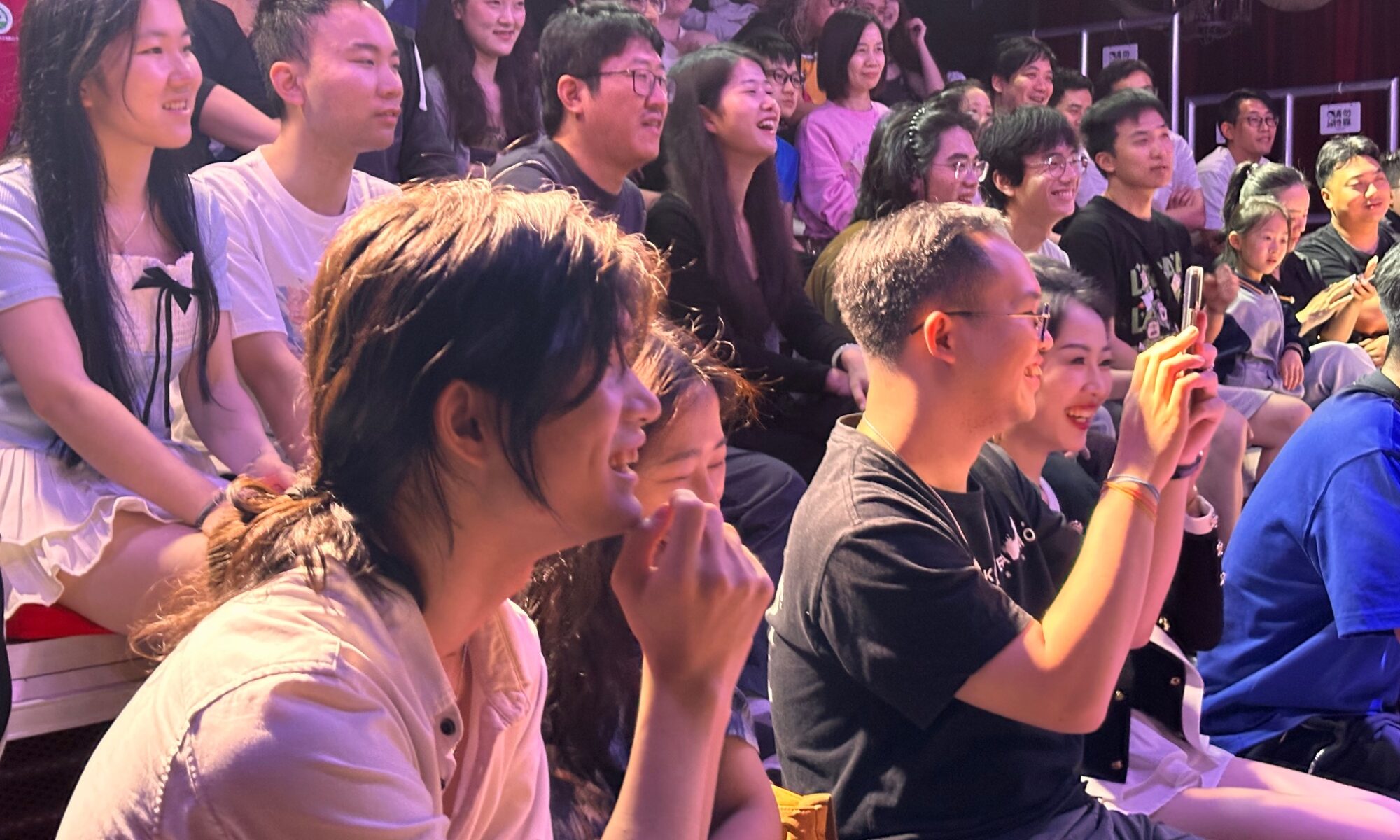The reactions a performer receives when they are performing a show, are what fuel the desire to keep performing. Knowing that you are the source of fun, amazement and laughter is intoxicating.
It takes time for every performer to get good enough that the reactions become consistently strong. Every performance is for a new group and experience leads to making good decisions during the show about how best to satisfy the audiences desire for a great time.
Before Performing a Show
Gaining as much knowledge about the audience beforehand is always step one to creating a superior show. Performing for 5 year-olds is very different from performing for seniors. Each group requires different engagement and energy. Knowing what to expect, helps to determine what magic the audience will enjoy the most. Adults like to have their minds blown with though provoking illusions. Kids like slap-stick humour.
During a Show
While the show is happening, my mind is split into watching the audience’s reactions, identifying potential distractions, looking for good volunteers, reacting to comments the audience makes, my script and the sleight-of-hand. There is a lot of processing power required to make it look easy. This only happens with plenty of practice and rehearsal and getting out there and performing. Malcom Gladwell suggested that in order to be good at anything, one needs to invest about 10,000 hours of practice. I agree because only then can many of the internal decisions happen like they are second nature.
The Results of Performing a Show
Performing a show that an audience will love even when the conditions aren’t ideal, is what great performers do. Someone with less experience will chock it up as a learning experience. When a show goes well, there is a mutual feeling that all the members of the audience bond and are reacting as one. When that happens, as it often does, the results are pure magic.

